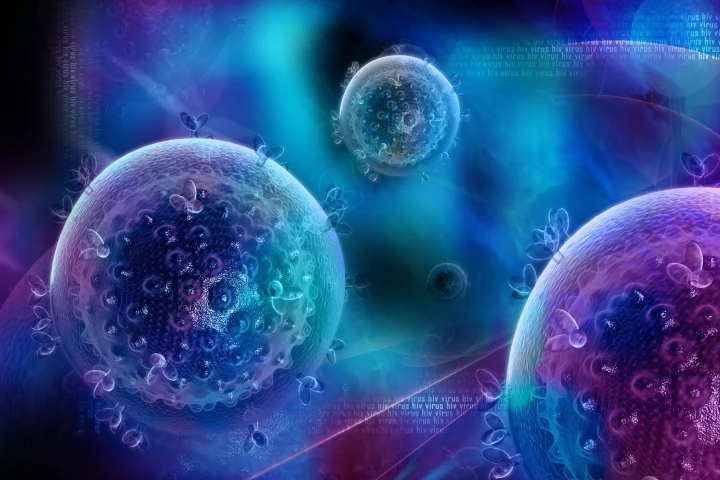UCSD
-
We recently heard how scientists from the University of Washington had developed a suction cup inspired by the clingfish. Well, researchers at UC San Diego have taken a different approach to create one of their own, and they've even used it on an underwater robot.
-
In lab tests, researchers have identified a cellular “switch” that could be turned off to clear out HIV lying dormant inside cells.
-
Humans have been tinkering with evolution for millennia, but new research might make the process a bit more direct. Biologists at the University of California San Diego have successfully used the CRISPR gene-editing tool to control genetic inheritance in mice for the first time.
-
Cancer uses some insidious tricks to survive and spread in the body. But now researchers at Rush University and the University of California, San Diego have found a way to intervene in one of these schemes, preventing tumors from recruiting immune cells to help them grow and metastasize.
-
Earlier this year, we heard how scientists from UC San Diego had developed a flexible ultrasound patch that allows users to see the inner structure of irregular-shaped objects. Well, now they've made one that measures a patient's blood pressure from deep within the body.
-
Acne sufferers, take heart. Scientists from UC San Diego are now in the process of developing what could – eventually – be a vaccine for the skin disease. Not only may it drastically reduce inflammation, but it's also unlikely to have the side effects of currently-used medications.
-
It's never a good thing when donated human blood – or even the blood in our bodies – is infected with bacteria. Scientists at the University of California San Diego, however, are developing a means of removing such blood-borne microbes using tiny ultrasound-powered robots.
-
Although we've seen robotic fish designed to unobtrusively study marine life, scientists more often use remote-operated vehicles with noisy propellers that scare animals. That could eventually change, however, thanks to the development of a totally silent, transparent, soft-bodied robotic eel.
-
There may be a new method of monitoring the alcohol intake of people in substance abuse treatment programs. Led by Prof. Drew Hall, scientists at the University of California San Diego have developed an alcohol-sensing chip that can be implanted in the body.
-
Regular ultrasound probes have flat bases, which means they only work best when scanning objects that have similarly-flat surfaces. So, what happens if you want to inspect something that's curved or otherwise "irregular" in shape? Well, that's where a new ultrasound patch comes in.
-
One of the standard methods of monitoring activity in a patient's gastrointestinal tract is invasive, and has to be carried out while they lie immobile in a clinic. There may soon be another option, though, in the form of a GI tract-monitoring system that is worn by the patient while at home.
-
A large population of microorganisms live on our skin. Known as the skin microbiome, many of these organisms serve a vital protective function preventing psoriasis, acne and other diseases. New research has now uncovered a strain of bacteria found on human skin that can protect against cancer.
Load More











